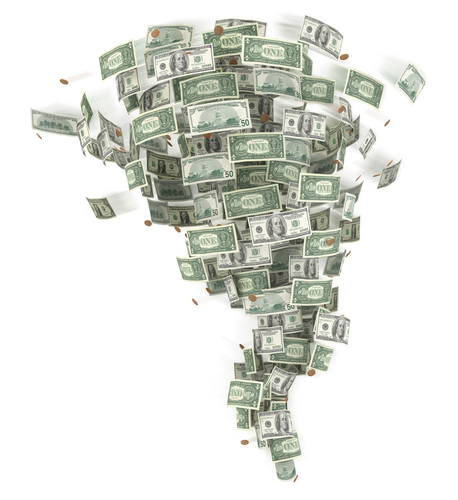Economic Anxiety and Trump’s Victory
We’ve written a fair bit about “economic anxiety,” which is concern about one’s economic future. That’s as opposed to the current state of the overall U.S. economy, which by our measure and most others, has been on a slow-growth trajectory. According to our most recent edition of Business Conditions Monthly, our business cycle indicators are well above neutral, which “provides solid evidence that the risk of recession in the months ahead has diminished.”
Ever since the presidential election, Americans have been wondering what it was that powered Donald Trump’s surprise win. In this piece in fivethirtyeight, Ben Casselman discusses the prominent role that economic anxiety played in Trump’s victory. He shows data demonstrating that the slower a county’s job growth was since 2007, the better Trump did there.
“Trump Country,” Casselman wrote, “isn’t the part of America where people are in the worst financial shape; it’s the part of America where their economic prospects are on the steepest decline.”
He also writes: “The role of economics in the election matters politically: for Trump, because voters may turn on him if he doesn’t deliver on his economic promises, and for Democrats, because they will struggle to win back the White House if they don’t find ways to speak convincingly on these issues.”
You can read his piece here.
Click here to sign up for the Daily Economy weekly digest!









